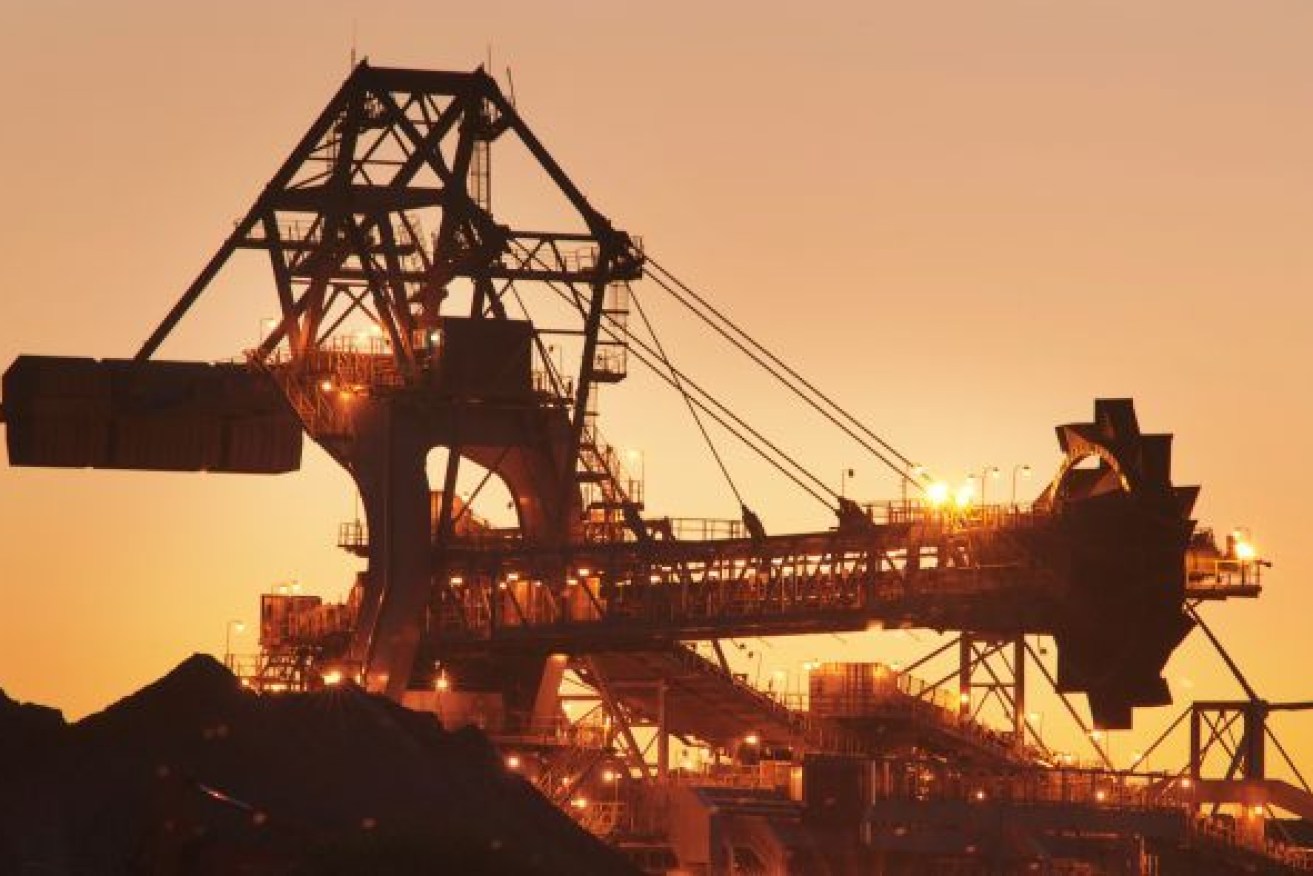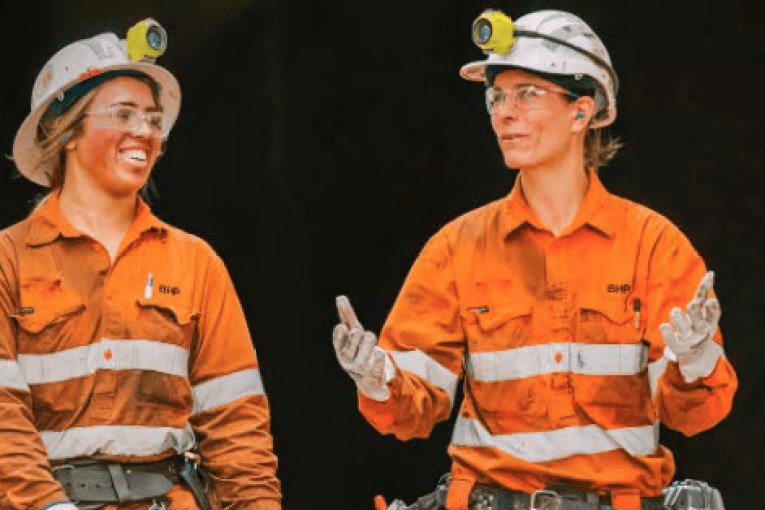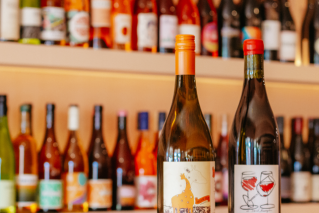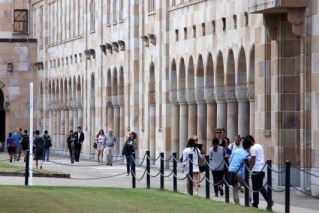How Australia could end up the big winner from Chinese ‘fear tax’
Australia would end up benefitting financially from China’s fear tax on imports, according to a report from Deloitte Access Economics.


The mining sector would pay $6b in royalties this year (Photo: ABC)
The firm has claimed that China’s bans on commodities would end up benefitting Australia because increased iron ore prices created by the “fear tax” it had imposed would be a much bigger benefit for Australia.
That won’t be felt by wine, cotton, beef producers and coal miners who have felt the brunt of bans and tariffs, even if China’s coal bans would end up as sabre-rattling.
But China’s consumers would feel a significant loss from increased tariffs and bans, particularly during its long cold winter when thermal coal from Australia would normally help keep homes heated.
“For example, when China acts, it costs Chinese families at the same time as it costs Australian businesses. That’s why rising domestic thermal coal prices in China mean that it may be unlikely to do much more than sabre-rattling on Australian coal,” economist Chris Richardson said.
“Where China knows it is most at risk is iron ore. China is the world’s key customer, but Australia is the world’s key supplier. That’s why analysts have said China wouldn’t act on Australian iron ore, as it would cost them lots.
“However, markets are still worried that China may do something. So they’ve responded by nervously bidding up prices in fear of exactly that.
“This ‘fear tax’ isn’t the only thing driving up prices – markets are also worried that heavy rain may constrict supply out of Brazil, while very low interest rates and a falling US dollar are pumping up pricing too
“But spot prices have risen by a further $US18 a tonne in the days since 30 November alone. The bottom line is that China’s trade war with Australia is making us money rather than losing it.
“To be clear, we’ve lost money on everything from lobsters to wine. But we’ve more than made that up in overall terms thanks to iron ore – and the taxman will be a considerable beneficiary of that.
“And that’s part of a wider story of economic outperformance versus the official forecasts released in the budget.”
Deloitte said the economy would be larger than Treasury projected in the Budget by $33 billion in 2020-21 alone, a gap that widens to $106 billion by 2023-24.
Spending was also likely to be revised down because of savings on JobKeeper and taxes would be up because more people were in jobs, plus higher-than-expected profits, especially in iron ore.
“Accordingly, the cash underlying deficit may beat the budget-time expectations for it by some $3 billion in 2020-21. That outperformance versus the official forecasts may lift to more than $15 billion by 2023-24,” Richardson said.












